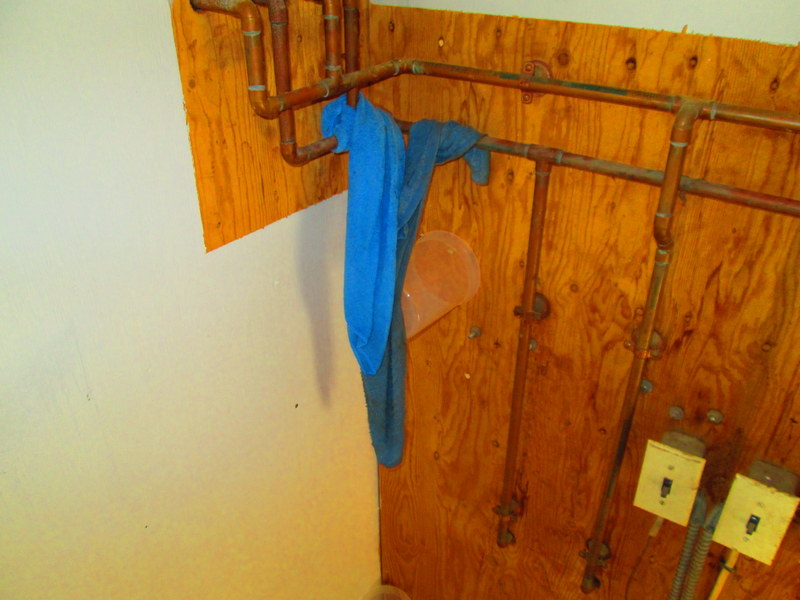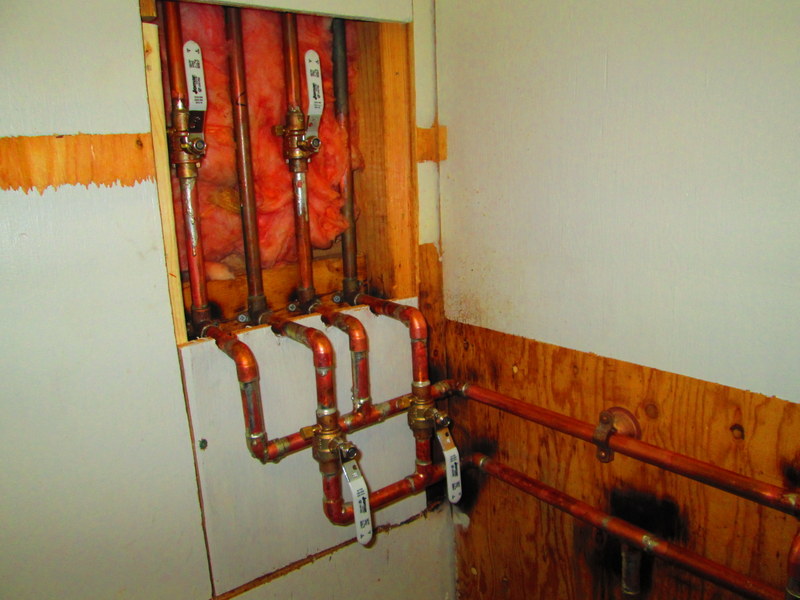- Joined
- May 28, 2018
- Messages
- 3,262
- Reaction score
- 2,971
The leak somewhere in the ceiling was getting worse, so finally dove after couple weeks denial.
Turns out there was a pinhole, spraying out near the top of a horizontal hot water feed to upstairs shower. The plumbing repair went OK, we'll see about the sheetrock, it's 5/8 blueboard w diamond plaster skim, I don't have a lot of experinance with that line of work.
Kind of tempted just to screw some plywood in there, in case any other pipes go nearby. But it is a slippery slope from being totally practical to one's place looking like a dump, at least in my case.
The pipe that started leaking was a 1/2 inch type L copper pipe, about 24 years since installed. Anyone else have similar problem?
Turns out there was a pinhole, spraying out near the top of a horizontal hot water feed to upstairs shower. The plumbing repair went OK, we'll see about the sheetrock, it's 5/8 blueboard w diamond plaster skim, I don't have a lot of experinance with that line of work.
Kind of tempted just to screw some plywood in there, in case any other pipes go nearby. But it is a slippery slope from being totally practical to one's place looking like a dump, at least in my case.
The pipe that started leaking was a 1/2 inch type L copper pipe, about 24 years since installed. Anyone else have similar problem?


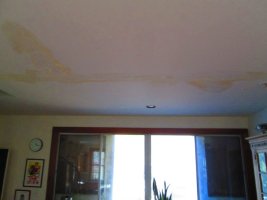
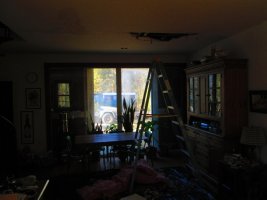
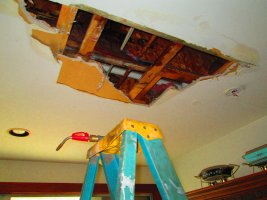
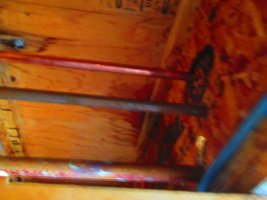
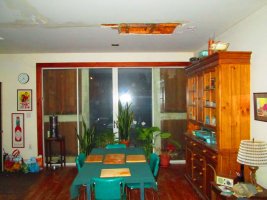








![Craft A Brew - Safale S-04 Dry Yeast - Fermentis - English Ale Dry Yeast - For English and American Ales and Hard Apple Ciders - Ingredients for Home Brewing - Beer Making Supplies - [1 Pack]](https://m.media-amazon.com/images/I/41fVGNh6JfL._SL500_.jpg)














































